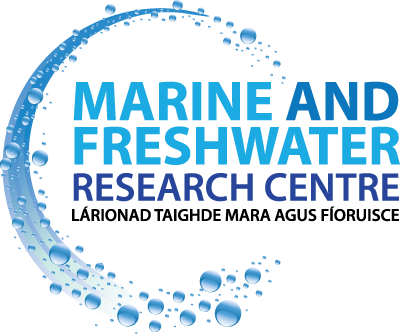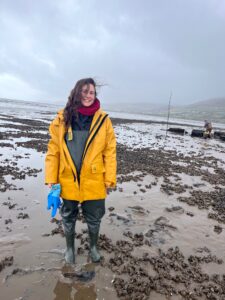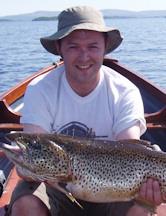The blue mussel (Mytilus spp) is an ecologically and economically important marine bivalve that plays key roles in coastal ecosystems as well as the seafood industry. This species is found around the entire Irish coast, where it co-occurs and hybridizes with the non-indigenous Mediterranean mussel (Mytilus galloprovincialis). A better understanding of genetic structure and connectivity at both inter- and intraspecific levels is necessary to assess the impact of non-indigenous species on native stocks. Furthermore, elucidating the underlying ability to respond to changes of environmental and climatic conditions (adaptive potential) of distinct species and stocks is key to formulate accurate predictions in view of climate change as well as aquaculture practices.
The main aim of this project is to disentangle genetic structure and adaptive potential of mussels in Irish waters to understand native vs non-indigenous species dynamics and enable sustainable seafood production.
FUNDING
PhD scholarship – RISE programme (ATU)
ADDITIONAL FUNDING
BIM – Genetic screening services to better understand the population dynamics of farmed bivalves (Tendered service: RFT150321)
DAFM – Genomic characterization of wild blue mussel (Mytilus edulis) stocks in Irish waters in aid of sustainable shellfish production practices (Genetic Resources Grant Aid Scheme: GRGAS 22/GR/04)




